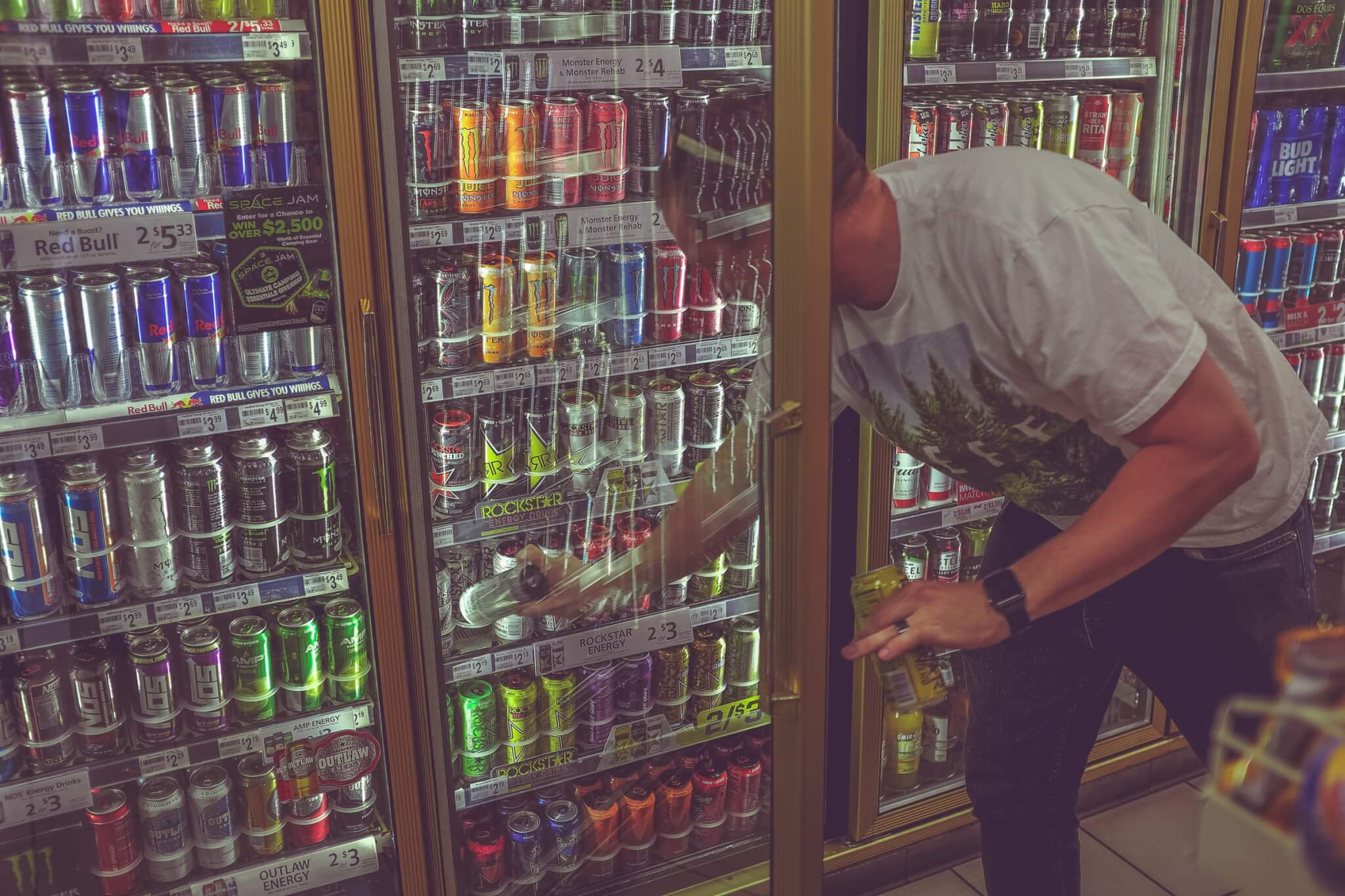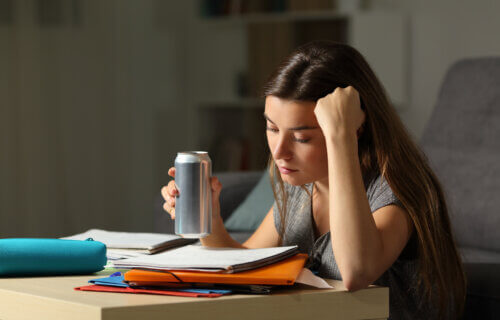OSLO, Norway — College students may be destroying their ability to sleep depending on how many energy drinks they’re consuming on a daily basis. A concerning new study by Norwegian researchers reveals a link between these popular caffeinated beverages and insomnia.
Energy drinks, containing an average of 150 milligrams of caffeine per liter, along with sugar, vitamins, and amino acids, are incredibly popular among young adults, especially college students. These drinks are marketed as boosts for mental and physical energy. However, the study reveals that their impact on sleep is significant and largely negative.
Scientists utilized data from the Students’ Health and Well-being Study (SHOT22 study), involving 53,266 participants between 18 and 35. The students answered questions about their frequency of energy drink consumption, with options ranging from daily to seldom or never. Additionally, they had to detail their sleep patterns, including bedtime routines, time taken to fall asleep, and instances of wakefulness after initially falling asleep.
💡What Is Caffeine?
- It’s a naturally occurring substance found in plants like coffee beans, tea leaves, and cocoa beans
- It blocks a sleep-inducing chemical in the brain, making people feel more alert
- Studies show excessive intake can lead to jitters, anxiety, and sleep problems

One of the crucial findings of the study was the clear correlation between higher energy drink consumption and reduced sleep efficiency. Sleep efficiency is measured by comparing the total hours of sleep to the time spent in bed. Those who consumed energy drinks daily were found to sleep about 30 minutes less than those who rarely or never consumed them. This reduction in sleep was consistent for both men and women.
The study also revealed a dose-response association, where increased consumption of energy drinks led to more wakefulness at night and a longer time to fall asleep. Insomnia was more prevalent among daily energy drink consumers, with 51 percent of women and 37 percent of men experiencing sleep difficulties, compared to 33 percent of women and 22 percent of men who consumed energy drinks only occasionally or not at all.
Notably, the study found that even infrequent consumption of energy drinks (1-3 times a month) displayed a link to an increased risk of sleep problems. Men who drank energy drinks daily were twice as likely to report sleeping fewer than six hours per night, and women had an 87-percent higher likelihood of experiencing the same issue.
It’s important to note that this research is observational and does not establish a direct cause-and-effect relationship. The possibility of reverse causality, where poor sleep might lead to increased energy drink consumption, cannot be ruled out. Furthermore, the study relied on self-reported data and did not account for the exact timing or quantity of energy drink consumption.
Despite these limitations, researchers emphasize the robust association between energy drink consumption frequency and various sleep issues. They suggest that targeting energy drink consumption could be an effective intervention strategy to improve sleep quality among college students.
The study is published in the journal BMJ Open.
